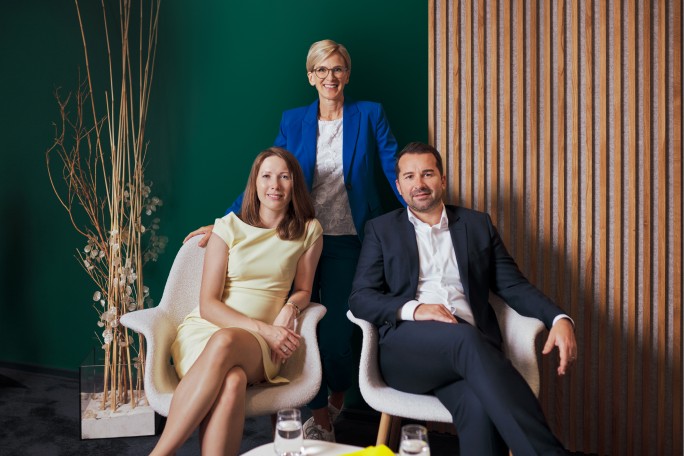
International Business Talks: Expanding Into CEE
In this video, we focus on how RBI helps foreign companies unlock their business potential when expanding into the CEE region. Sabine Zucker, head of Group Transaction Banking Network, and Alexander Montanus, head of CIB International Network, shared their expertise and insights in an interview with our moderator Johanna Duchek
Key Learnings at a Glance
Strong network: RBI offers harmonized products, local presence, and a closely connected team as a crucial advantage for companies entering the market.
Holistic approach: In addition to corporate clients, their employees also benefit from the integrated retail banking offering.
Growth opportunities in future industries: Renewable energy, e-mobility, and digital infrastructure are developing particularly dynamically, often with greenfield investments.
CEE as a bridge between east and west: With the CIB international network spread across the globe in 12 locations, RBI covers 33 countries and can assist companies and institutions enter the CEE markets.
Reconstruction of Ukraine: The region presents enormous opportunities where RBI can actively participate thanks to its strong presence.
Important factors: Market potential, closeness to supply chain partners and managing unpredictability should be considered when choosing a new market.
Preparation is key: Experts recommend early involvement of a partner familiar with local conditions to help adjust to cultural differences.
Get Your Guide to Expanding Your Business
Receive the comprehensive guide featuring insights and best practices straight to your inbox!


International Business Talks: Expanding into new markets
Evgeniya Sharkova, Head of Trade Finance Sales, and Sanin Merdžan, Head of Export Finance Sales, talk about solutions, trends and innovations in global trade to support clients.